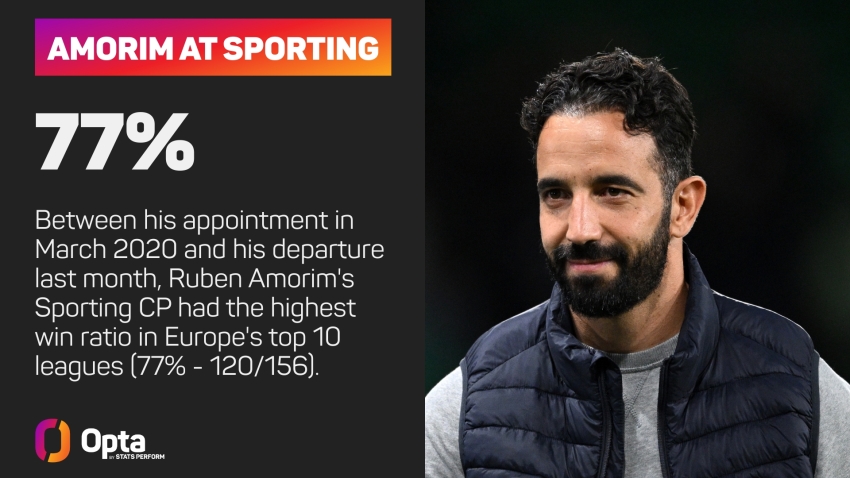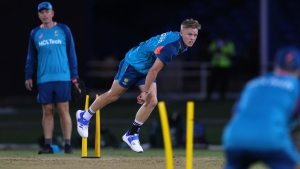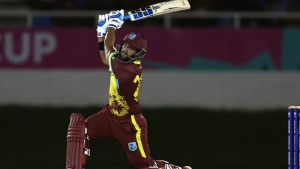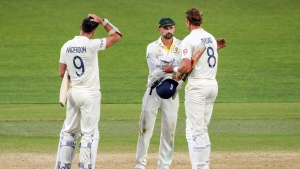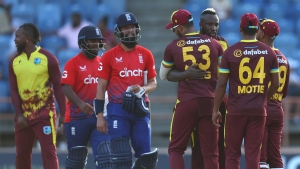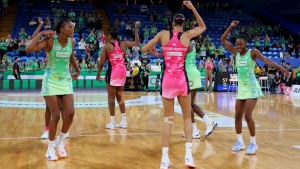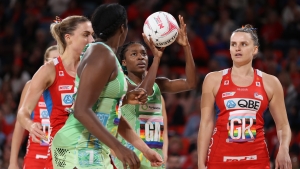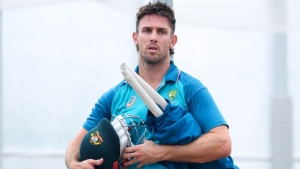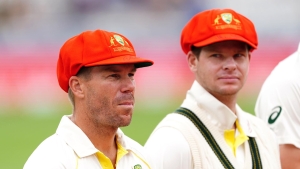Marco Botti paid tribute to his compatriot Stefano Cherchi after the young jockey died as a result of injuries sustained in a fall in Australia last month.
The 23-year-old was riding at Canberra on March 20 when his mount, Hasime, fell in the Affinity Electrical Technologies Plate, with two other riders escaping serious injury after being unseated in the incident.
Cherchi received medical treatment at the track before being transferred to hospital and was found to have sustained a head injury and internal bleeding.
The New South Wales Jockeys Association posted on X, formerly twitter, on Wednesday: “With deep sadness, the Cherchi family have announced their beloved son Stefano passed away peacefully today.
“The family are very grateful for the love, prayers & messages sent by the racing community across the world.”
The majority of Cherchi’s success in Britain came aboard horses trained by fellow Italian Botti, the man who provided his most recent mount in Britain at Chelmsford in November.
Cherchi partnered 38 winners for Botti while in the UK, and the Newmarket handler was hugely saddened by the news of his death.
He told the PA news agency: “We were devastated this morning when we heard that Stefano had passed away. I think it was midday in Australia and we just heard an hour ago basically.
“It’s just devastating news for all of us. We knew it was a bad fall and we knew things didn’t look great, but you live in hope and hope for a miracle. Hopefully he’s going to a better place and we will never forget him – he will always be with us.”
Botti added: “His charm and his way of behaving with people, he was such a nice guy. For me, he was a little bit like a son to be honest.
“When he left for Australia, we had a chat and in a way I was happy he was going to try to have a career there. He had a couple of winners recently and things were just picking up and then this happened. Life is tough.
“For us he was always a good judge in the mornings. He rode some of our nice horses and his feedback was incredible. As a jockey he just needed to get on good horses and he would have proven himself.
“Away from the saddle he has always been a really good guy. We were texting each other through the winter and I was hoping he would come back in the spring.
“It’s very sad for the family and all his friends. It’s like we lost a member of the family to be honest.”
The Sardinian-born Cherchi made his British debut in 2018 and rode his first winner the following April aboard the Botti-trained Withoutdestination at Wolverhampton.
He teamed up with a wide variety of trainers, including Godolphin handler Saeed bin Suroor for whom he partnered eight winners, and Newmarket trainer Amy Murphy who provided 10 victories from 175 rides.
Cherchi struck gold four times for David Loughnane, who said on X: “We are all completely devastated with the loss of Stefano Cherchi.
“He was an absolute gentleman and a pleasure to have known and worked with. Our thoughts and prayers are with his family and friends.”
In a statement, the British Horseracing Authority said: “We are heartbroken to hear the news that Stefano Cherchi has died following a fall at Canberra racecourse last month.
“Stefano rode over 100 winners in Britain before moving to Australia, and the high esteem in which he was held around the world is clear to see.
“Our thoughts are with his friends, family, and everyone who has had the pleasure of working with him. The entire racing industry will be in mourning after the loss of such a talented young man.”











